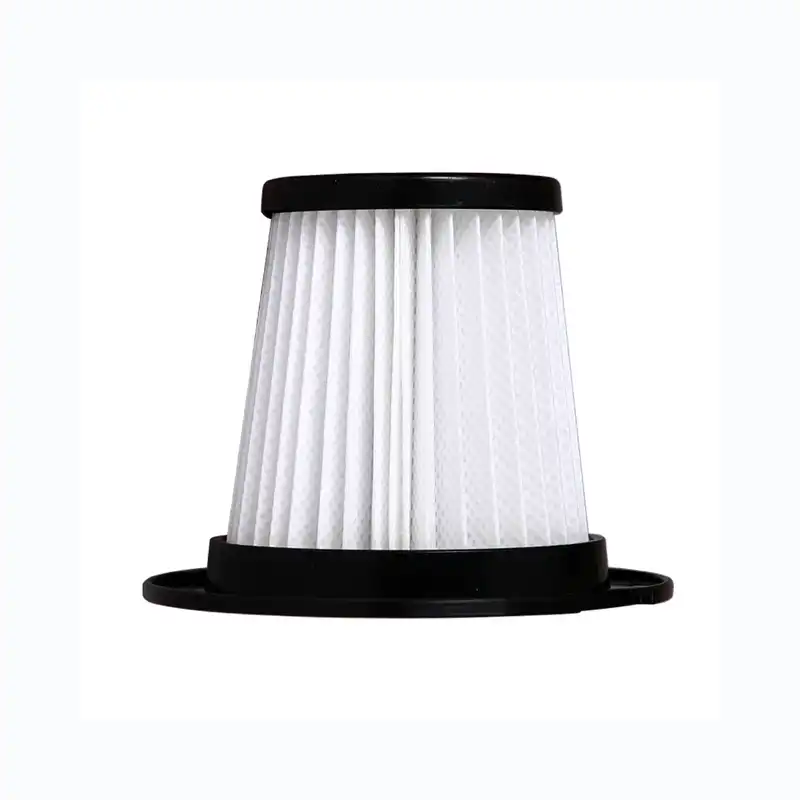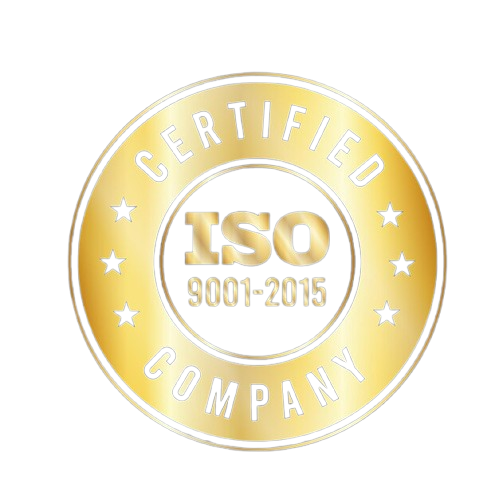In our quest for cleaner, healthier living spaces, we often hear about the significance of HEPA filters. But why are they so essential?
This comprehensive article explores the world of HEPA filters, revealing their importance, benefits, and answering some frequently asked questions. Join us in demystifying “Why HEPA Filter” is a buzzworthy topic today.
Why Is Hepa Filter Important
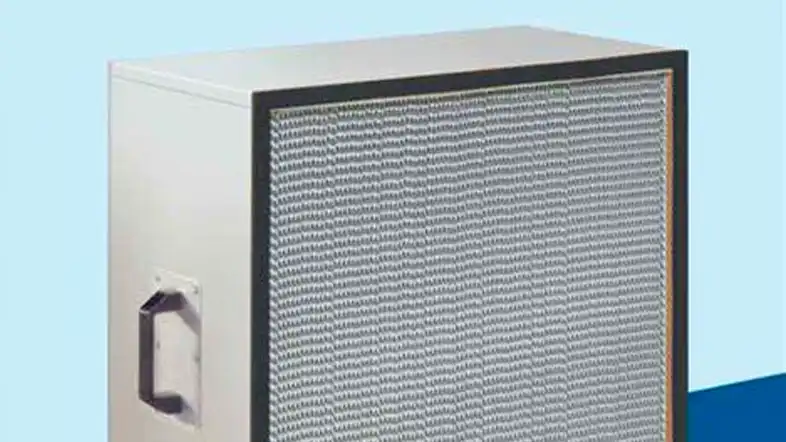
HEPA (High-Efficiency Particulate Air) filters are essential for many reasons.
Their main job is to clean the air by trapping various airborne particles, such as dust, pollen, pet dander, mold spores, bacteria, and some viruses. This is great for people with allergies, asthma, or breathing problems.
HEPA filters also help create a healthier and safer environment in homes and workplaces. They get rid of harmful stuff in the air, making it easier to breathe and stay well. In places like hospitals, HEPA filters stop germs from spreading through the air.
Plus, HEPA filters are crucial in different industries like pharmaceuticals, electronics, and food processing. They make sure the air is super clean, which is super important for making safe products and keeping workers healthy.
In short, HEPA filters are a big deal because they make the air cleaner and safer in lots of different places, which is good for our health and productivity.
Why Hepa Filter in Vacuum?
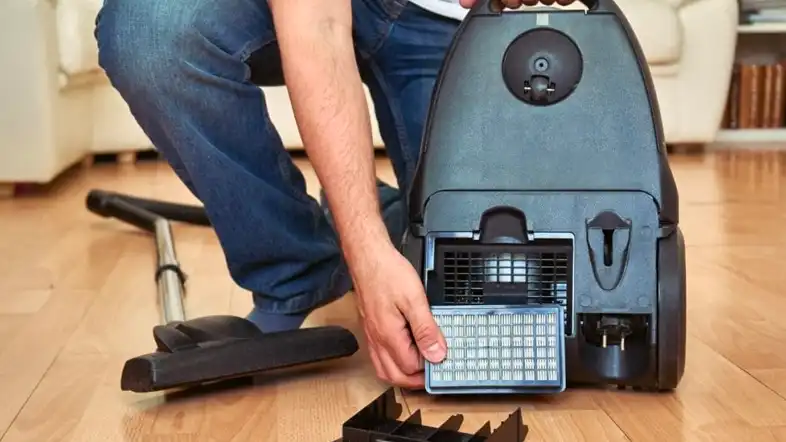
HEPA filters are a must-have in vacuum cleaners for several good reasons.
They excel at trapping tiny particles as small as 0.3 microns, which includes common allergens like dust mites, pet dander, and pollen.
This excellent filtration ability not only cleans up visible dirt but also makes the air inside your home better by capturing these tiny particles. It’s especially important for people with allergies or asthma because it reduces their exposure to irritating stuff in the air while and after vacuuming.
Also, HEPA filters are crucial in preventing the vacuum from throwing particles back into the air. If a vacuum lacks good filtration, it can release small dust and allergens through its exhaust, basically spreading them around your home again.
HEPA filters stop this by securely trapping the particles they catch, making the vacuum much better at getting rid of contaminants in your living space.
HEPA filters are commonly used in vacuum cleaners because they help create a cleaner, healthier indoor environment. Cleaner air and fewer allergens floating around mean your home has better air quality, and there’s less risk of allergies or breathing problems. This is especially valuable in homes with pets or in places with a lot of pollen.
In summary, HEPA filters in vacuum cleaners are a valuable tool for keeping your living space cleaner and more comfortable.
Why Hepa Filter Size Is 0.3 Micron?
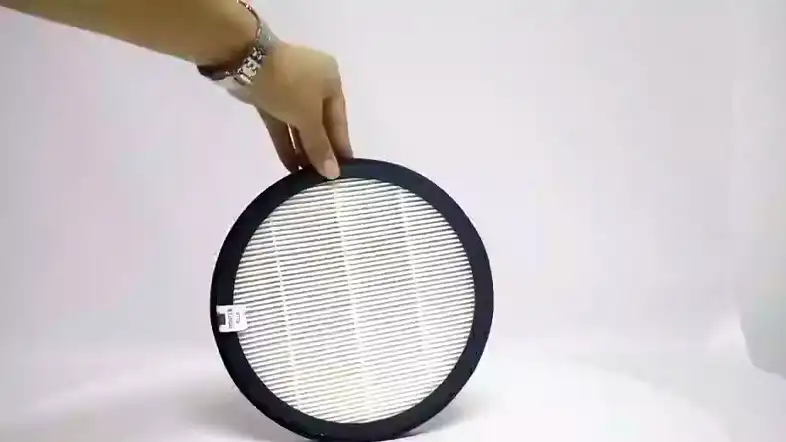
Why 0.3 micron hepa filter?
The specific size of 0.3 microns is often mentioned in the context of HEPA (High Efficiency Particulate Air) filters because it represents the most challenging particle size range for filtration.
A HEPA filter is designed to capture particles at an efficiency rate of 99.97%, which means it can effectively capture 99.97% of particles that are 0.3 microns in size. This size is considered the “Most Penetrating Particle Size” (MPPS).
Why is My Hepa Filter Black?
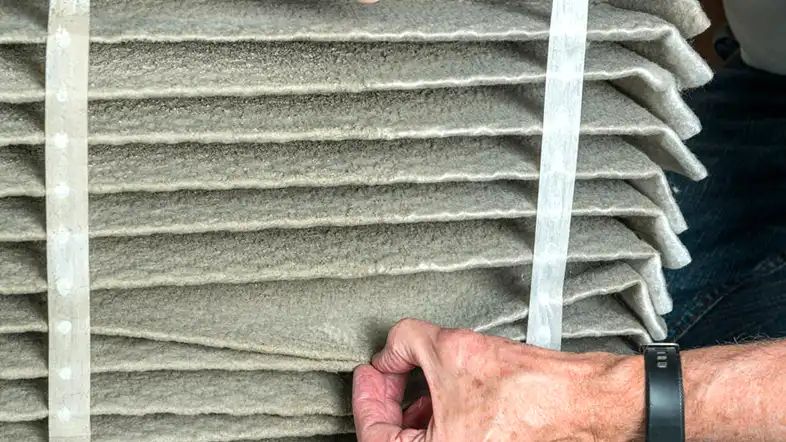
If your HEPA filter is black, it’s likely due to the accumulation of dust, dirt, and other airborne particles that the filter has captured during its use.
Over time, as the HEPA filter continues to trap and hold these particles, it can become discolored, often appearing gray or even black. This discoloration is a visible sign that the filter is doing its job in removing contaminants from the air.
The darkening of a HEPA filter is not necessarily an issue unless it’s causing a significant reduction in airflow or the filter is so clogged that it’s affecting the performance of your air purifier, vacuum, or HVAC system.
In such cases, it’s a good practice to replace or clean the filter, depending on the manufacturer’s recommendations. Regular maintenance and replacement of filters are essential to ensure that your air purification device continues to operate effectively and efficiently, keeping your indoor air clean and healthy.
The Origin of HEPA Filters
HEPA filters were originally developed during World War II to protect scientists from inhaling radioactive particles. Since then, they’ve found their way into our homes, workplaces, and even medical facilities.
How HEPA Filters Work
HEPA filters use a dense web of fibers to capture tiny particles, including dust, pollen, pet dander, and even bacteria. Their remarkable efficiency in trapping these particles makes them a must-have for improving air quality.
Benefits of Using HEPA Filters
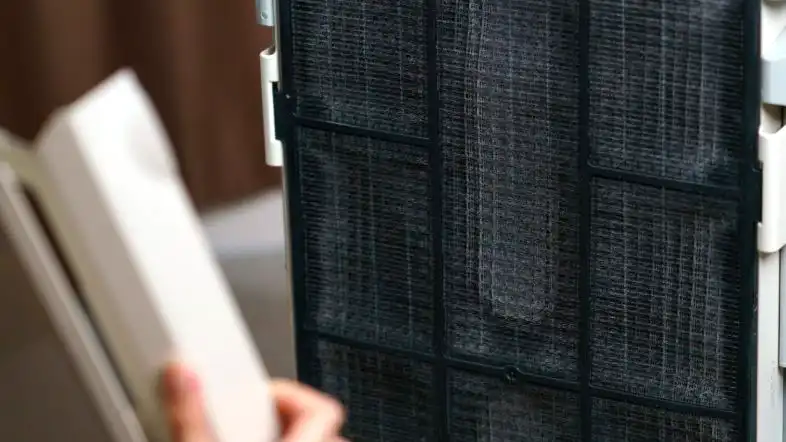
In an era where air quality has become a paramount concern, HEPA (High Efficiency Particulate Air) filters have surged in popularity due to their remarkable performance. These filters, designed to capture particles as small as 0.3 microns, offer a multitude of advantages of HEPA filters, making them an essential component in air purification systems and various industries.
1. Improved Indoor Air Quality
The standout advantage of HEPA filters is their exceptional ability to enhance indoor air quality. These filters are engineered to trap particles with incredible efficiency, eliminating common contaminants like dust, pollen, pet dander, and even some bacteria and viruses. As a result, using HEPA filters can significantly reduce the presence of allergens and irritants in the air.
This improvement is invaluable, particularly for individuals with allergies, asthma, or other respiratory conditions. In homes and workplaces, HEPA filters are like a breath of fresh air, creating a healthier and more comfortable living environment.
2. Healthier Living Spaces
HEPA filters contribute to a healthier living space in various ways. By reducing allergens and pollutants in the air, they help alleviate allergy symptoms, reduce the risk of respiratory issues, and promote overall well-being. In households with pets, HEPA filters help control pet dander and odors.
In areas with high pollen counts, these filters make a noticeable difference in reducing allergic reactions. They enable families to breathe easier and enjoy their homes without the constant worry of airborne irritants.
3. Infection Control in Healthcare
The advantages of HEPA filters extend far beyond residential use. In healthcare settings, these filters play a pivotal role in infection control. By capturing pathogens and preventing their spread, HEPA filters enhance patient safety and protect medical staff. Whether it’s in hospitals, clinics, or laboratories, maintaining a sterile environment is a top priority. HEPA filters are instrumental in achieving this goal, making them indispensable for the healthcare industry.
4. Quality Assurance in Industries
HEPA filters are not limited to healthcare but also find essential applications in industries such as pharmaceuticals, electronics, and food processing. The “HEPA filter advantages” include maintaining clean and contaminant-free environments. In pharmaceutical manufacturing, for instance, these filters are used to ensure product quality and safety.
In electronics production, HEPA filters help protect delicate components from dust and particles. The food industry relies on HEPA filters to maintain hygiene and product integrity. In all these cases, HEPA filters act as a crucial tool for quality assurance.
5. Environmental Contribution
Using HEPA filters has an environmental angle as well. By reducing indoor air pollutants, these filters indirectly contribute to improved outdoor air quality. The cleaner air they create inside homes and buildings means less pollution is being circulated back outside. This aligns with broader efforts to combat air pollution and its associated health risks, benefiting not just individuals but also the environment at large.
In conclusion, the HEPA filter advantages are clear and far-reaching. They encompass improved indoor air quality, healthier living spaces, infection control in healthcare, quality assurance in various industries, and a positive impact on the environment.
As awareness of the importance of clean air continues to grow, HEPA filters stand out as a critical tool for achieving these benefits and promoting overall well-being. Whether you’re looking to enhance the air quality in your home, protect patients in a healthcare facility, or ensure product quality in your industry, HEPA filters are a wise choice for clean, healthy air.
Common Misconceptions
Let’s clear up some misconceptions about HEPA filters that you may have come across.
Myth: HEPA Filters Remove Odors
While HEPA filters are excellent at trapping particles, they do not eliminate odors. For odor removal, consider activated carbon filters.
Myth: All HEPA Filters Are the Same
Not all HEPA filters are equal. Check the filter’s Minimum Efficiency Reporting Value (MERV) to understand its efficiency.
FAQs about HEPA Filters
Do HEPA filters remove viruses?
Yes, HEPA filters can capture some viruses, but not all. It’s essential to use them in combination with other protective measures for virus removal.
Can I clean and reuse a HEPA filter?
Cleaning HEPA filters is not recommended, as it can damage their efficiency. It’s better to replace them regularly.
How often should I change a HEPA filter?
The frequency of replacement varies by the filter and its usage, but typically, it’s recommended every 6 to 12 months.
Can HEPA filters help with pet allergies?
Absolutely! HEPA filters are highly effective at removing pet dander and allergens from the air.
Are there portable HEPA filter options?
Yes, portable HEPA air purifiers are available, offering a convenient solution for small spaces or travel.
Conclusion
HEPA filters have become a staple for anyone seeking cleaner, healthier air. Their efficient particle-capturing abilities, along with the benefits they bring, make them a wise addition to your indoor environment. Understanding “Why HEPA Filter” is not just a trend; it’s a step toward a better quality of life.

